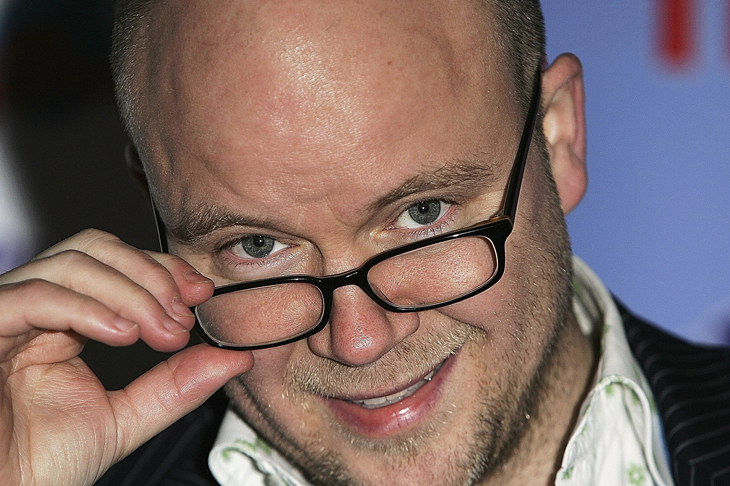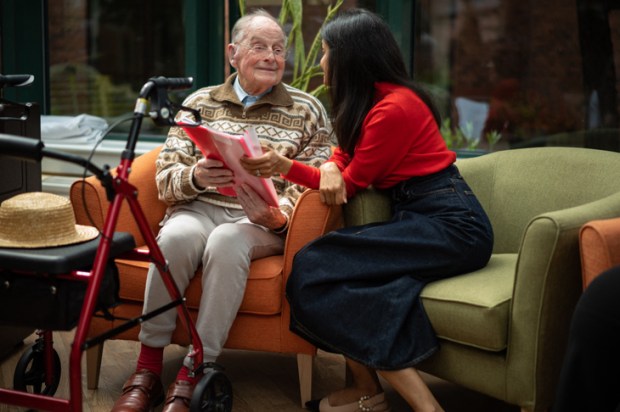The expression ‘unconscious bias’ is back in the headlines. First came the good news that Oxford’s Somerville college had rescinded its requirement that all students be tested for ‘unconscious bias.’ (This was the result of a successful campaign by the Speccie’s own Toby Young through his Free Speech Union.) But then came the bad news that the Governor-General’s staff will be told to do a bizarre ‘privilege walk’ to identify their ‘unconscious bias.’
Already a subscriber? Log in
Subscribe for just $2 a week
Try a month of The Spectator Australia absolutely free and without commitment. Not only that but – if you choose to continue – you’ll pay just $2 a week for your first year.
- Unlimited access to spectator.com.au and app
- The weekly edition on the Spectator Australia app
- Spectator podcasts and newsletters
- Full access to spectator.co.uk
Unlock this article
Contact Kel at ozwords.com.au
You might disagree with half of it, but you’ll enjoy reading all of it. Try your first month for free, then just $2 a week for the remainder of your first year.














Comments
Don't miss out
Join the conversation with other Spectator Australia readers. Subscribe to leave a comment.
SUBSCRIBEAlready a subscriber? Log in